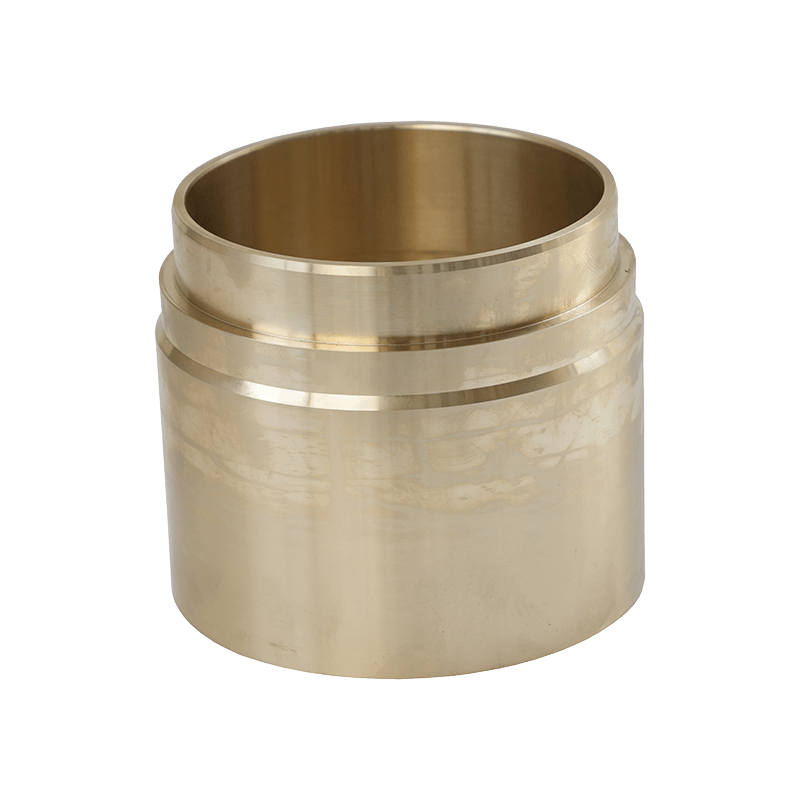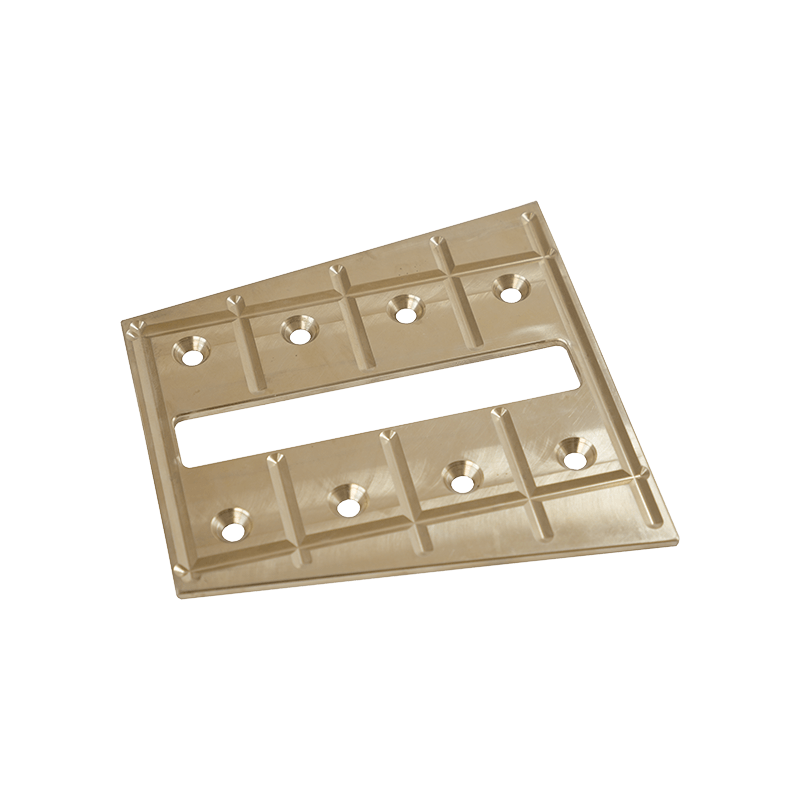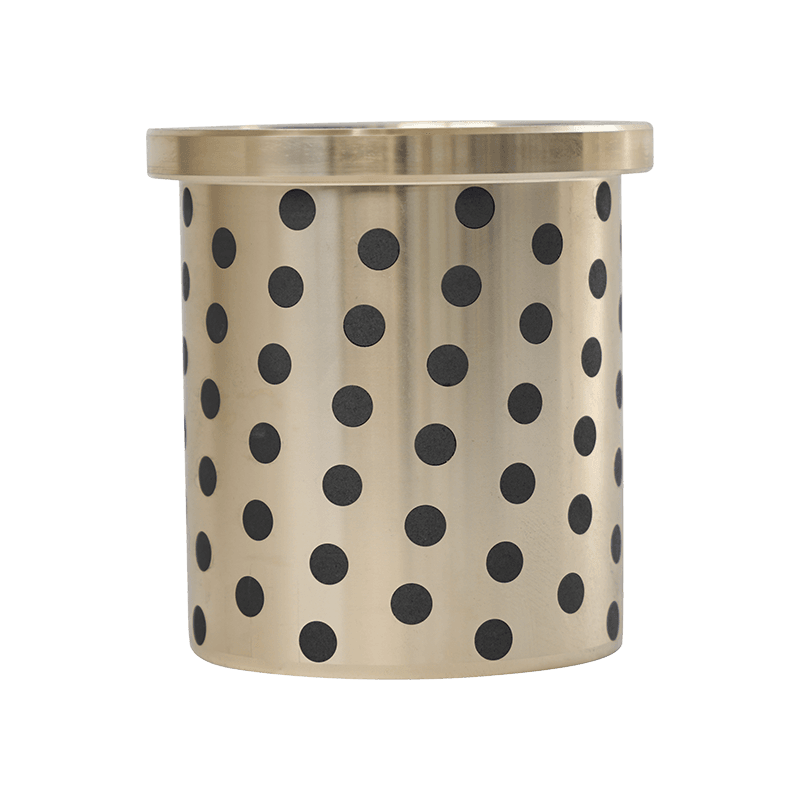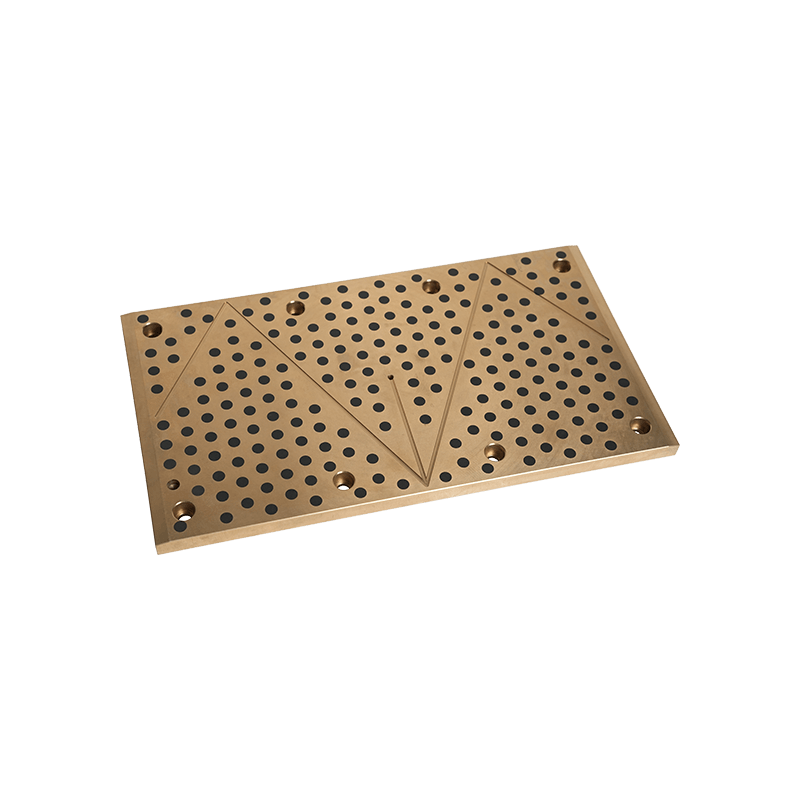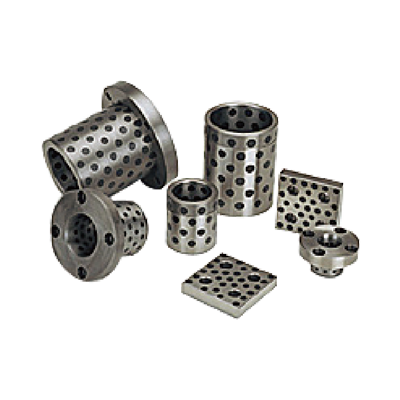In mechanical equipment, heavy engineering and precision instruments, gaskets are key sealing and buffering components, and their performance directly affects the stability and safety of equipment operation. Due to its unique geometric structure, Nonstandard Spherical Pad can adapt to irregular contact surfaces, absorb vibrations and compensate for installation errors, and performs well under complex working conditions such as high temperature, high pressure, and high-frequency vibration. So, how to choose a truly applicable and excellent nonstandard spherical gasket? This article will analyze the key points of purchase for you from the aspects of material selection, structural design, application scenarios and customized services.
1. Clarify the material properties: determine the durability and adaptability of the gasket
Nonstandard spherical gaskets are usually used in extreme environments, so the choice of materials is crucial:
Metals: such as stainless steel, copper alloys or titanium alloys, have high strength, high temperature resistance and corrosion resistance, suitable for chemical, aerospace and other fields.
Polymer materials: such as polytetrafluoroethylene (PTFE), nylon or rubber composites, have good shock absorption, anti-slip and electrical insulation properties, suitable for electronic equipment or automotive industry.
Composite materials: Combining metal skeletons with elastic coatings, taking into account both strength and buffering performance, they are widely used in bridge bearings or heavy machinery.
Selecting appropriate materials according to the temperature, pressure, corrosiveness and vibration frequency in the use environment is the premise for ensuring the long-term and stable operation of the gasket.
2. Pay attention to structural design: improve adaptability and load-bearing capacity
The core advantage of non-standard spherical gaskets lies in their three-dimensional curved surface design, which enables them to adapt to a variety of angle deviations and uneven surfaces. When purchasing, you should focus on:
Spherical curvature and contact area: A reasonable curvature radius can improve fit and reduce stress concentration.
Thickness and compression deformation: Affect the buffering effect and rebound performance of the gasket, which needs to be calculated in combination with the actual load.
Installation hole position and connection method: Whether to reserve bolt holes, card slots or other fixed structures to ensure assembly stability.
Friction coefficient control: Adjust friction through surface treatment (such as spraying, plating) to meet different sliding needs.
Some high-end products also provide designs with guide grooves or limit structures to further enhance their reliability in dynamic environments.
3. Matching actual application scenarios: Targeted selection is more efficient
Different industries have significantly different demands for non-standard spherical gaskets. When selecting, the specific use should be fully considered:
Construction and bridge engineering: commonly used in seismic bearings, requiring large bearing capacity and good displacement adaptability.
Ship and offshore platform: need to be resistant to salt spray corrosion and seawater erosion, and stainless steel or special alloy materials are often used.
Automobile and rail transportation: emphasize shock absorption and noise reduction functions, suitable for flexible gaskets made of polymer or composite materials.
Precision instruments and optical equipment: focus on fine-tuning accuracy and non-magnetic properties, and recommend low expansion coefficient materials such as ceramics or titanium alloys.
Only by closely combining product performance with actual applications can the best use effect be achieved.
4. Customized services and technical support: improve product matching
Since "non-standard" means that it is impossible to rely entirely on standardized models, it is particularly important to choose a supplier with customized development capabilities:
Whether it supports drawing processing or sample imitation;
Whether it provides mechanical simulation analysis and life estimation;
Whether it has a mature testing process and quality certification system;
Whether the size, hardness or surface treatment process can be adjusted according to customer needs.
A professional technical team can assist customers in completing the entire process from design to verification to ensure that the selected gasket truly meets the needs of on-site use.
Non-standard spherical gaskets are playing an important role in more and more difficult projects with their excellent adaptability and functionality. However, in the face of diverse materials, structures and application scenarios, scientific selection is particularly important. By deeply understanding product performance, accurately matching the use environment, and relying on the customized services of professional manufacturers, you can more confidently configure the most suitable non-standard spherical gasket for your equipment. Let every detail stand the test of complex working conditions and escort the operation of the system.

 English
English Deutsch
Deutsch Español
Español русский
русский

 +0086-513-88690066
+0086-513-88690066